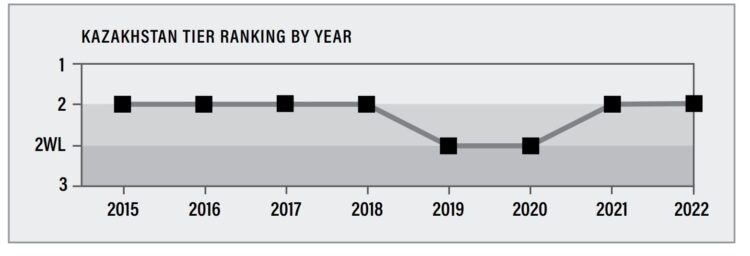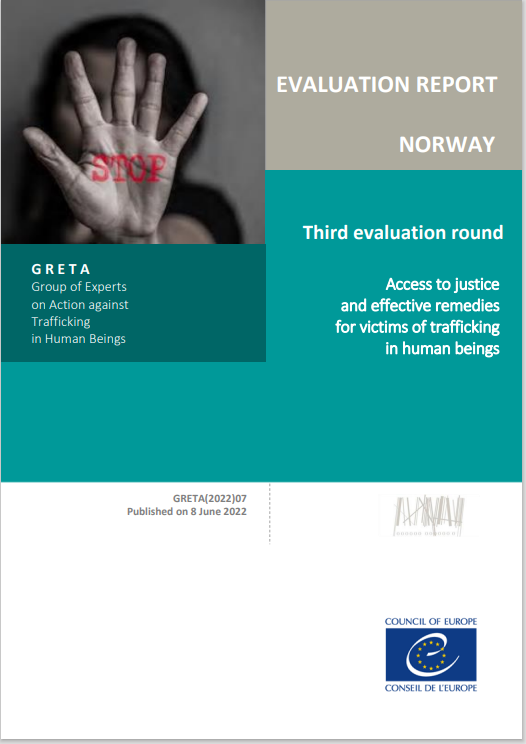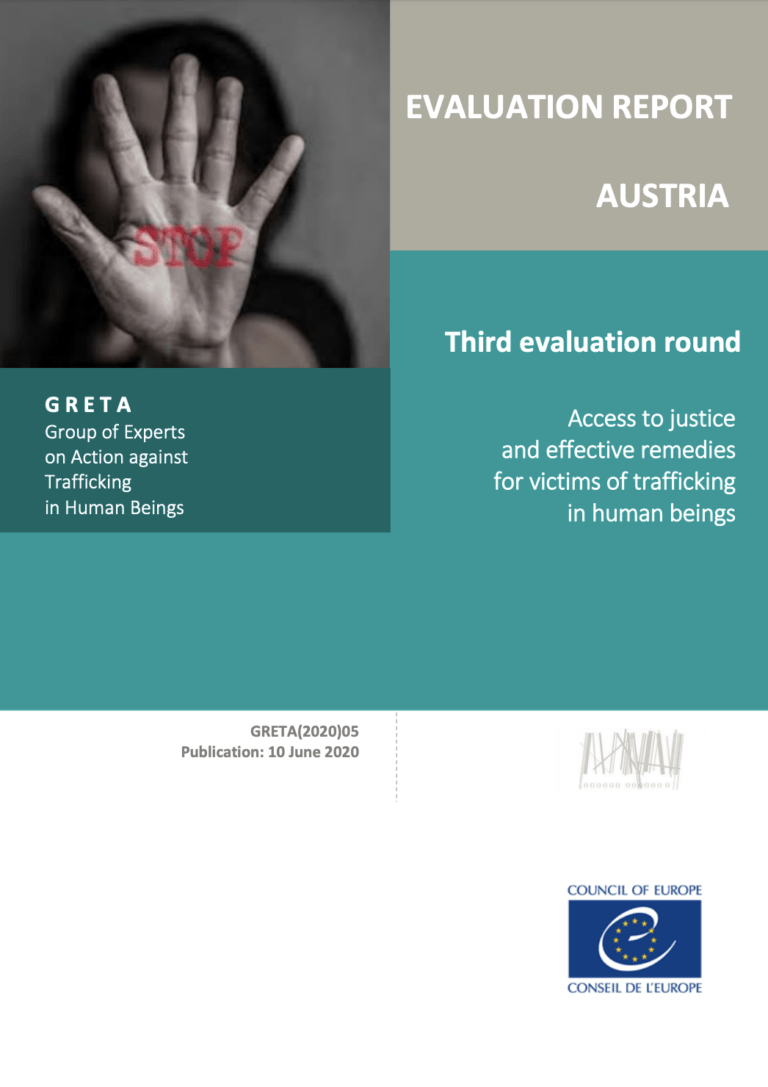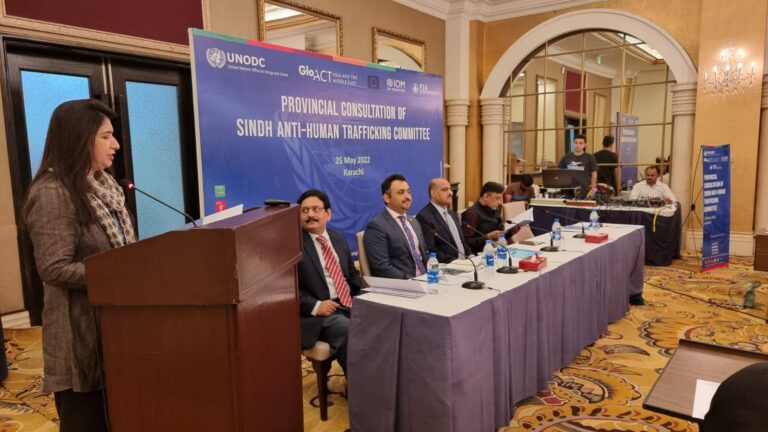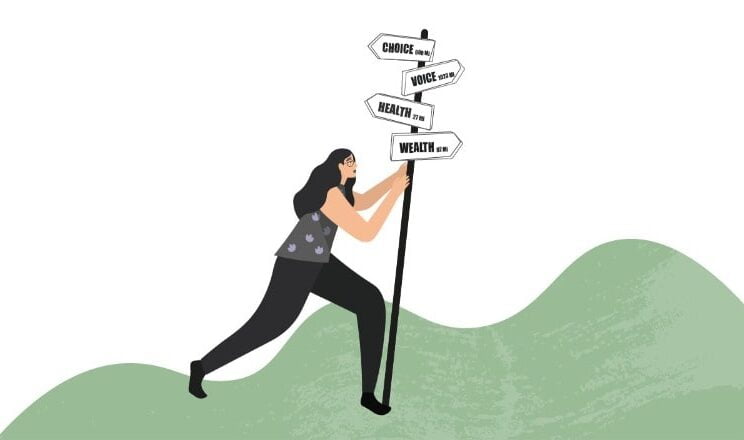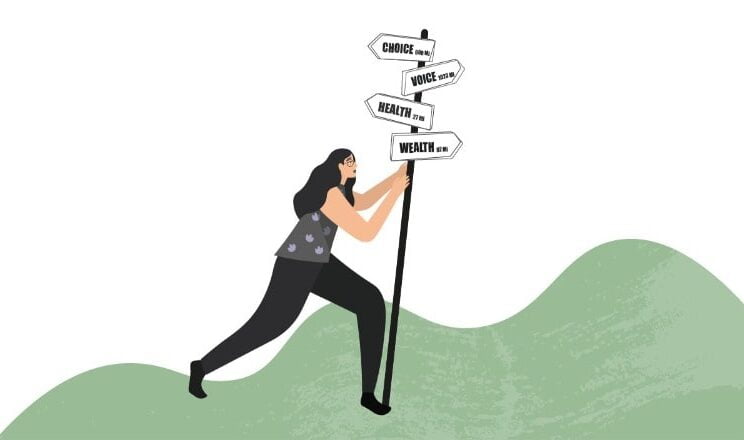2022 Trafficking in Persons Report – US Embassy and Consulate in Kazakhstan
KAZAKHSTAN: TIER 2 The Government of Kazakhstan does not fully meet the minimum standards for the elimination of trafficking but is making significant efforts to do so. The government demonstrated overall increasing efforts compared with the previous reporting period, considering the impact of the COVID-19 pandemic, if any, on its anti-trafficking capacity; therefore Kazakhstan remained…

